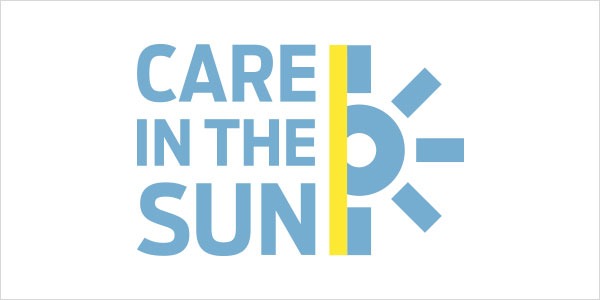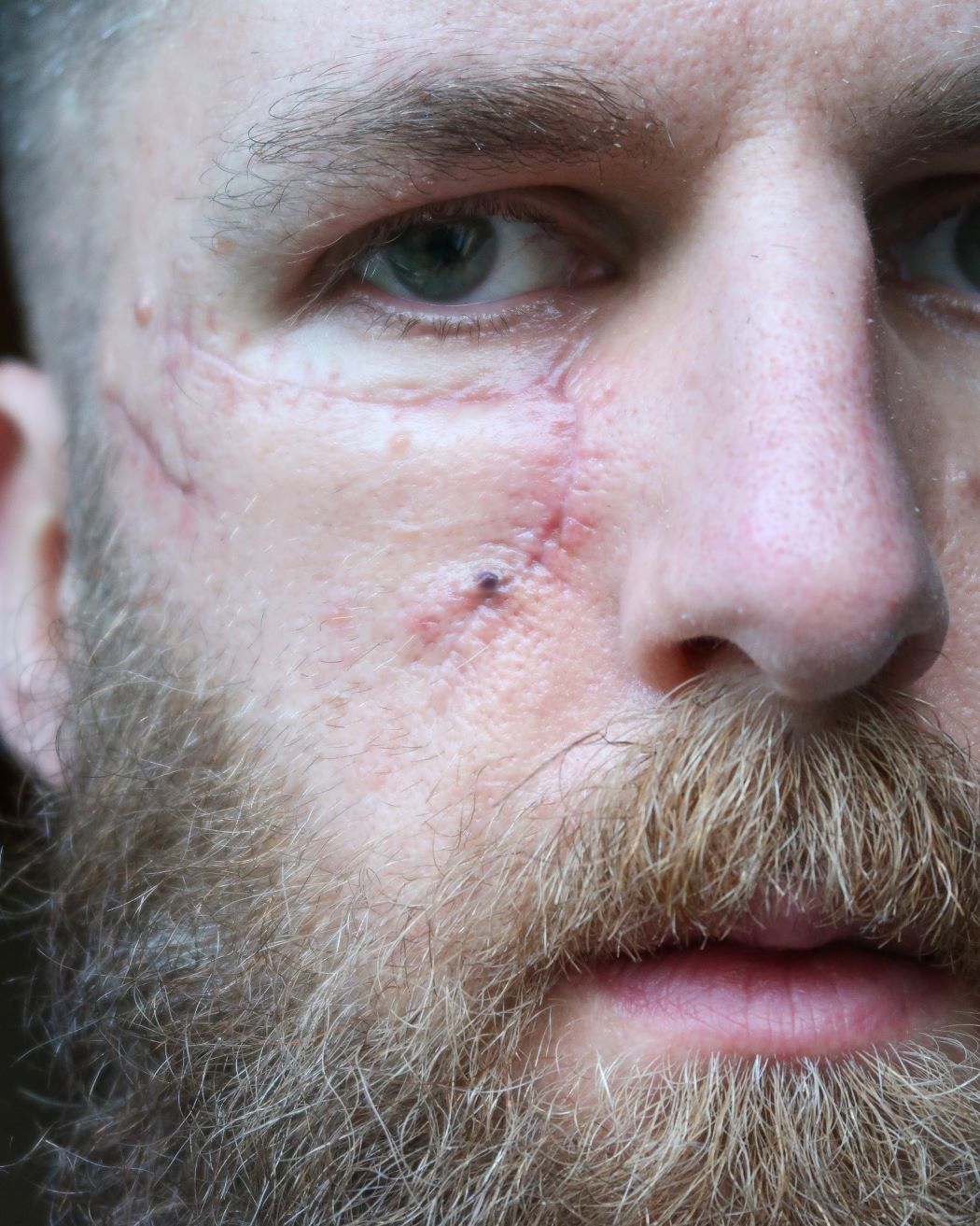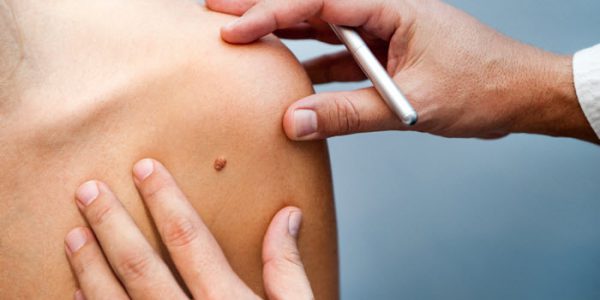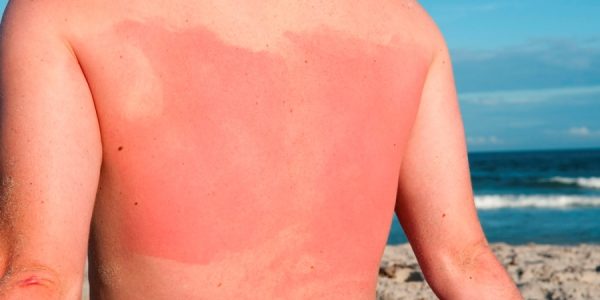
This Sun Awareness Week be UV aware
This Sun Awareness Week [May 3-9] the Public Health Agency (PHA) and Cancer Focus Northern Ireland are encouraging people to... Read More

James Anthony close up of skin cancer scar
As UV levels are expected to hit their highest in Northern Ireland next month (June), the Public Health Agency (PHA) and Cancer Focus Northern Ireland are highlighting the importance of being UV aware to stay safe in the sun.
They are encouraging the public to be more aware of the UV index and remind them that over-exposure to UV rays can cause permanent damage to your skin. They also stress that care in the sun is vital even on the cool, cloudy days that are common here in Northern Ireland.
Denise McCallion, Senior Health and Social Wellbeing Improvement Officer at the PHA, said: Being active outdoors is good for our health. However, over-exposure to UV radiation can cause permanent damage to our skin and can increase the risk of skin cancer.
The UV Index shows how much solar radiation is reaching us from the sun and how careful we need to be. The UV levels vary with the seasons and time of day, but when the UV index is three or more, we need to protect our skin and eyes, so it’s important to know what the UV index is likely to be when you are outside.
Greater awareness of the UV index and the need for sun safety, even in our changeable climate, will help you protect your skin and allow you to enjoy spending time outdoors safely.
Actor James Anthony (38), from Derry/Londerry, has been left scarred after he had skin cancer on his face.
Telling his story, James said: I haven’t spent more time in the sun than anyone else and never consistently. I’ve done a lot of running in the past and I try to walk to and from work if possible, but I have never worked outdoors on a daily basis.
Around 15 years ago I used sunbeds for six to eight weeks. I was young and mistakenly thought a safe type of UV light must be used in indoor tanning machines. After I stopped using them I noticed a small lump under my right eye. At that time I still suffered from acne and the lump was in an area where I’d had large spots, so I assumed it was just scar tissue, he said.
It wasn’t until 13 years later, in November 2018, when I went to my GP to see if anything could be done when a few cuts over the lump had’t healed, that I found out that it might be something much more serious. Straight away the doctor said it was most likely a basal cell carcinoma, a slow growing form of skin cancer. I didn’t believe it and still thought it was scar tissue.
My GP referred me to a dermatology clinic and two weeks later, the cold hard reality hit me as two dermatologists confirmed I had skin cancer.
Part of James still didn’t believe the news and he sought second opinions. As a result, he didn’t have a biopsy until September 2019. My surgery was supposed to take place in April 2020 but, due to the Covid-19 pandemic, it was the end of November 2020 when I finally had the tumour removed, he said.
“I was broken when I first heard the diagnosis. My whole life went into limbo. I’m an actor and feared this would be career ending. Over two years later I’m still in that perpetual state of limbo. These scars take 18 months to settle and everyone heals differently so I still don’t know what will happen with my life. Even if I can continue with my career, I’ll have lost almost four years of opportunities, once my scar settles.
Now I use sunblock to cover it when I’m out in daylight hours, even if it’s cloudy as UV rays still come through, which further damage the pigmentation of scars. By tanning and going out in the sun with no protection, all you do is increase the aging of your skin and put yourself at a much greater risk of skin cancer. Essentially, a tan will fade, but skin cancers grow. And you can easily get both.
Marbeth Ferguson, Skin Cancer Prevention Coordinator at Cancer Focus NI, said: Skin cancer is the most common form of cancer in Northern Ireland, accounting for over 31% of all cancers. About 4,210 people develop the disease each year and around 387 of these are malignant melanomas, the most serious kind.
There are a number of simple steps you can take to help protect against harmful UV rays and reduce your risk of skin cancer.
For more information and advice on how to protect your skin visit www.careinthesun.org/uv. You can check the daily UV level on the Met Office website.
To find out more about Workplace Health and Wellbeing download this guide.

This Sun Awareness Week [May 3-9] the Public Health Agency (PHA) and Cancer Focus Northern Ireland are encouraging people to... Read More

There is no excerpt because this is a protected post.... Read More

There is no excerpt because this is a protected post.... Read More